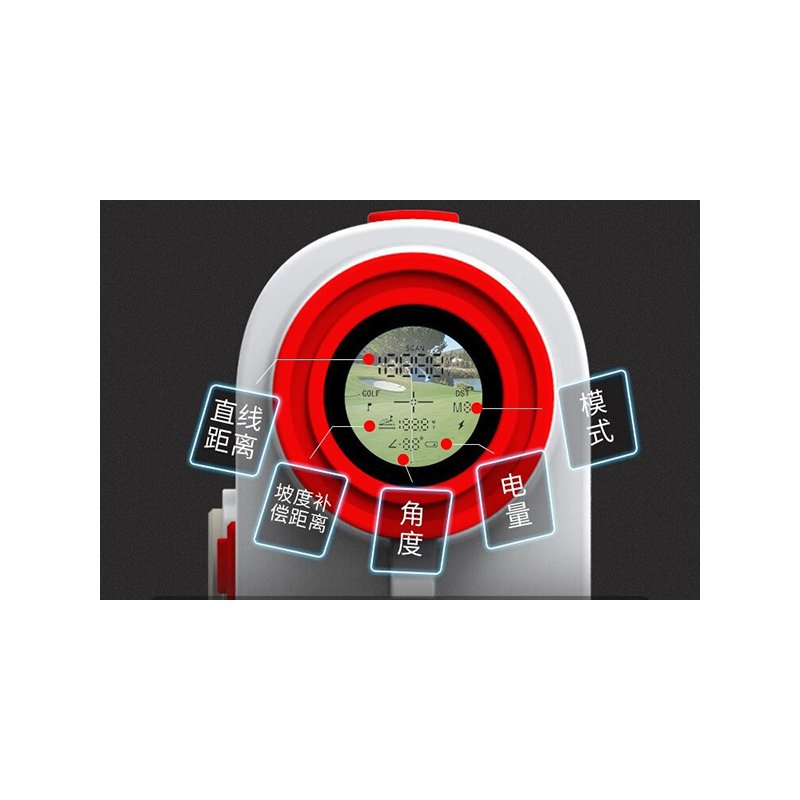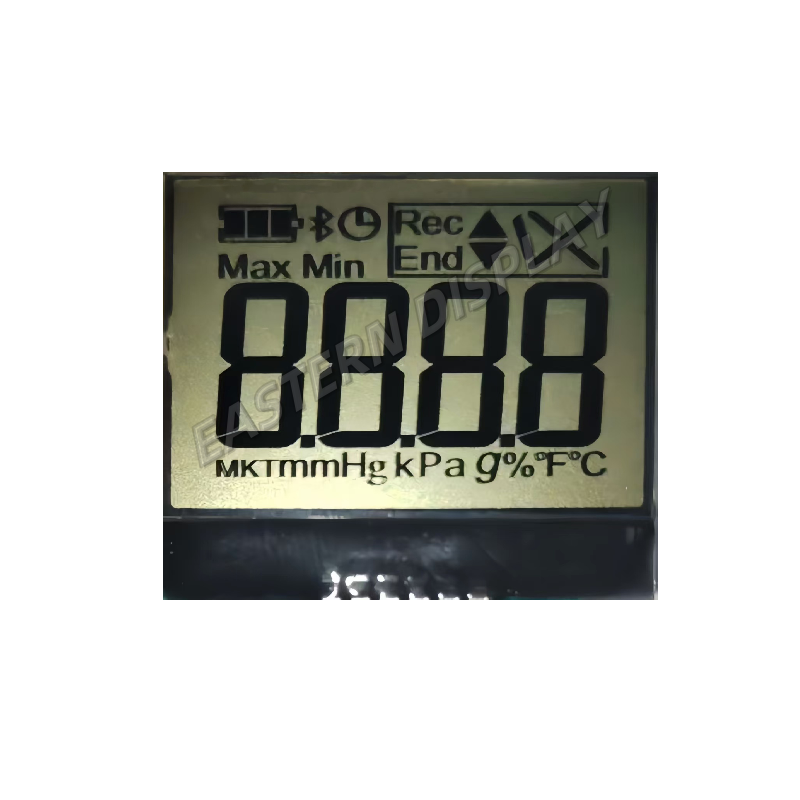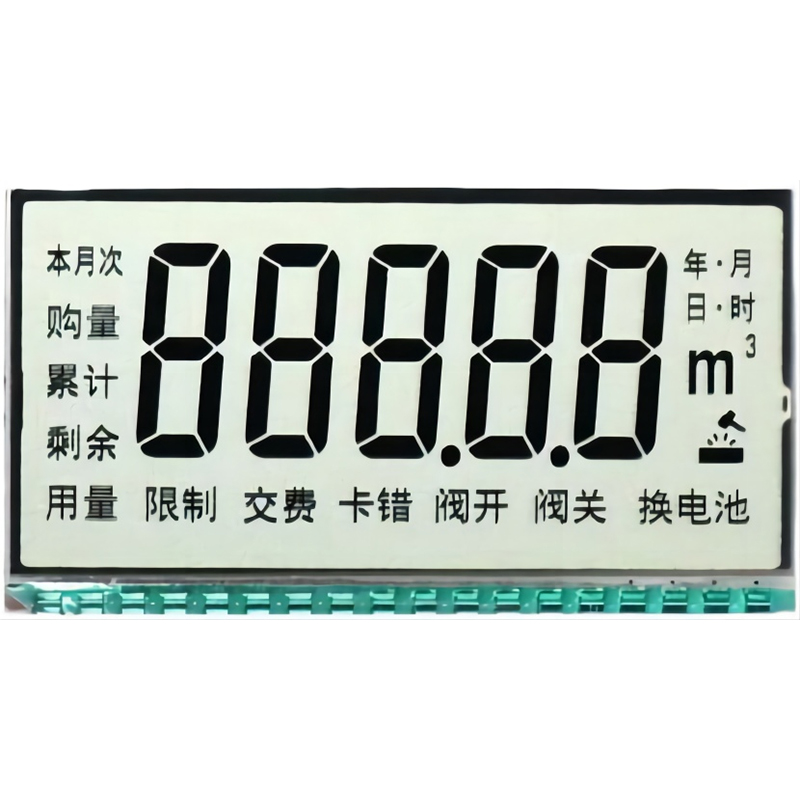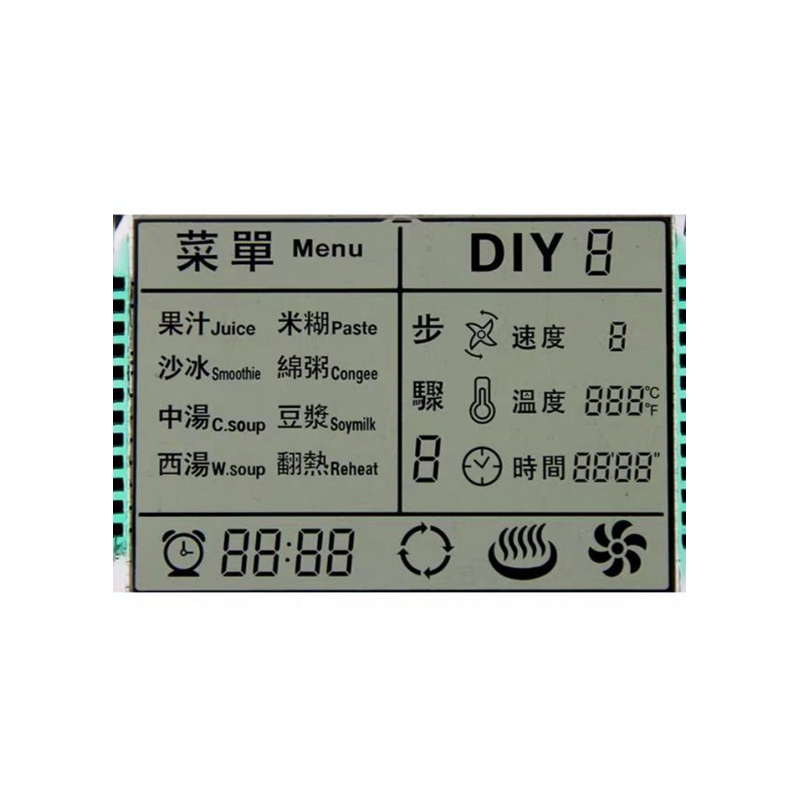
Find the perfect Arduino LCD for your project! This guide compares top models based on features, resolution, interface, and price, helping you choose the best display for your needs. We cover everything from basic character LCDs to advanced color displays, providing detailed specifications and practical examples.
Selecting the ideal Arduino LCD depends on your project's specific requirements. Factors to consider include:
Screen size varies greatly, from tiny 16x2 character displays to large color TFT screens. Resolution determines the detail and clarity of your display. Higher resolutions offer sharper images and text, but typically come with a higher price tag. For simple projects, a small 16x2 character Arduino LCD might suffice. For more complex applications requiring graphics, a higher-resolution color TFT screen would be more suitable. Consider the space constraints of your project and the level of detail needed for the displayed information.
Most Arduino LCDs use either I2C or SPI communication protocols. I2C uses fewer pins on your Arduino, making it ideal for projects with limited pin availability. SPI generally offers faster data transfer rates, beneficial for applications requiring quick updates to the display. The choice depends on your Arduino's capabilities and the speed requirements of your project. Some Arduino LCDs even offer both interfaces for greater flexibility.
Backlit LCDs are essential for visibility in low-light conditions. Consider the color options: monochrome (usually blue or white backlights) are inexpensive and simple, while color TFT displays offer vibrant visuals but at a higher cost. The choice depends on your aesthetic and functional requirements.
| Model | Size/Resolution | Interface | Backlight | Price (USD) |
|---|---|---|---|---|
| 16x2 Character LCD | 16 characters x 2 lines | I2C or Parallel | White or Blue | $2-5 |
| 2.4 TFT LCD | 240x320 pixels | SPI | White or Color | $10-20 |
| 3.5 TFT LCD | 320x480 pixels | SPI | Color | $20-35 |
Some high-end Arduino LCDs offer touch capabilities, allowing for interactive user interfaces. Others incorporate SD card slots for storing larger amounts of data for display. The selection depends on the level of complexity and interactivity needed in your project. For instance, a touch screen Arduino LCD might be ideal for building a control panel, whereas a display with SD card support might be useful for displaying images or large text files.
Numerous online retailers offer a wide selection of Arduino LCDs. For high-quality LCD modules and displays, consider checking out Dalian Eastern Display Co., Ltd. They offer a range of options to suit various project needs. Always compare prices and read customer reviews before purchasing.
Remember to select the Arduino LCD that best aligns with your project requirements in terms of size, resolution, interface, and budget. Happy building!












